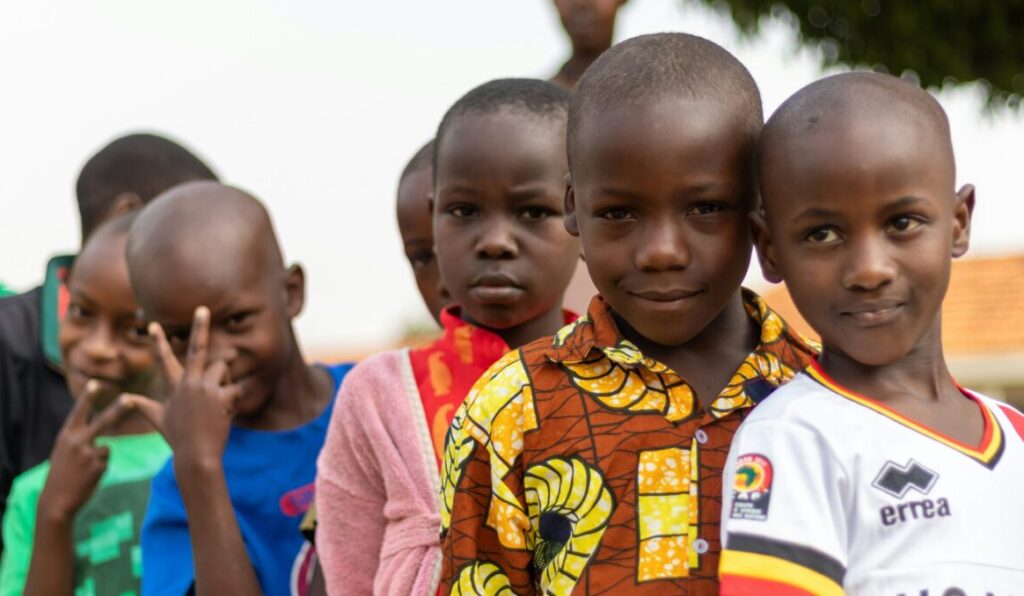American forces continue working under heightened security and threats of another attack as the Aug. 31 deadline for U.S. troop withdrawal looms.
A suicide bombing on Aug. 26 killed 13 U.S. service members and at least 169 Afghans, and officials warn other attacks could come as the U.S. continues to airlift American personnel and allies out of the region.
The next few days “will be our most dangerous period to date” in the evacuation, White House press secretary Jen Psaki said, hours before the U.S. issued a security alert for four of the airport gates.
The Taliban have wrested back control of Afghanistan two decades after they were ousted in a U.S.-led invasion following the 9/11 attacks. Their return to power has terrified many Afghans, who have rushed to flee the country ahead of the American withdrawal.
More than 100,000 people have been safely evacuated through the Kabul airport, according to the U.S., but thousands more are struggling to leave.
The White House said Friday afternoon that U.S. military aircraft had flown out 2,100 evacuees in the previous 24 hours. Another 2,100 people left on other coalition flights.
The number was a fraction of the 12,700 people carried out by U.S. military aircraft during a brief period when the airlift reached maximum capacity.
The Taliban have said they will allow Afghans to leave via commercial flights after the U.S. withdrawal, but it is unclear which airlines would return to an airport controlled by the militants.
Meanwhile, the head of the U.N. food agency in Afghanistan says a humanitarian crisis is unfolding with 14 million people facing severe hunger following the Taliban takeover of the country.
Mary Ellen McGroarty, the World Food Program’s country director, said in a video briefing to U.N. correspondents from Kabul on Wednesday that the conflict in Afghanistan, the nation’s second severe drought in three years, and the social and economic impact of the COVID-19 pandemic have pushed an already dire situation into a “catastrophe.”
McGroarty said over 40% of crops have been lost and livestock devastated by the drought, hundreds of thousands of people were displaced as the Taliban advanced, and winter is fast approaching. “Really the race is on to get food where it’s most needed,” she said.
WFP reached 4 million people in May and plans to scale up to reach 9 million “over the next couple of months, but there are many, many challenges,” she said.
McGroarty called for a halt to the conflict and urged donors to provide the $200 million needed to get food into the country so it can get to communities before winter sets in and roads are blocked.






Share with others: